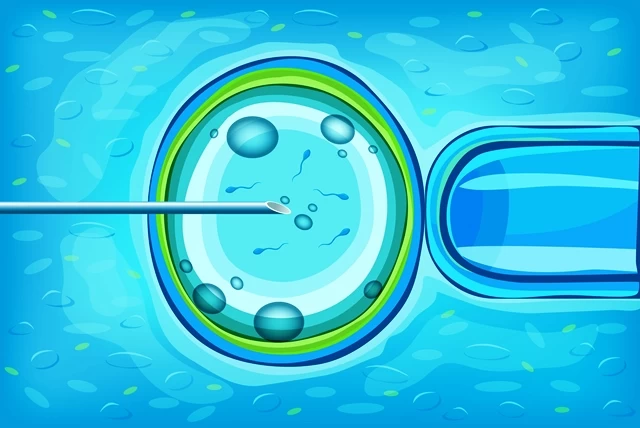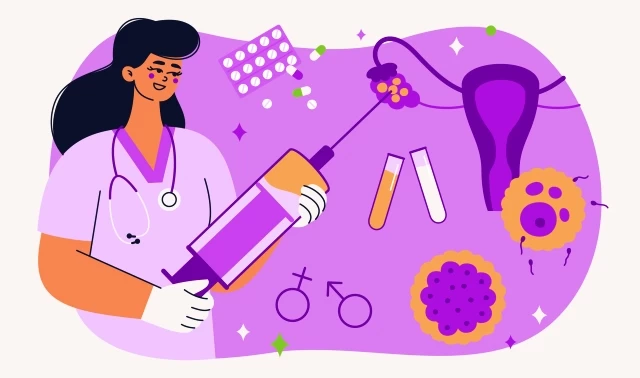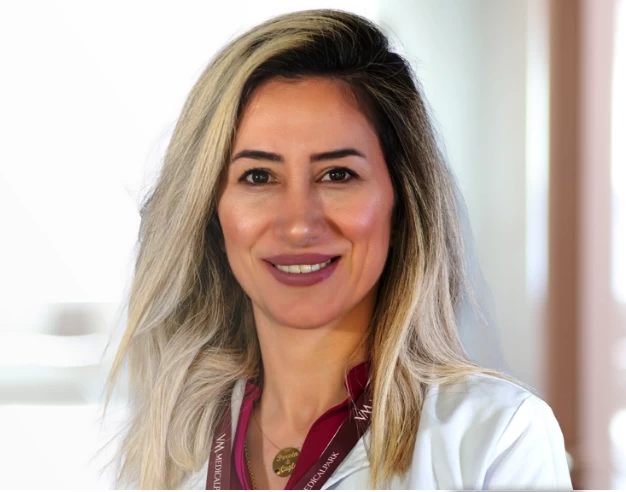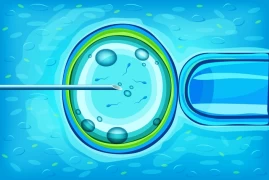
Artificial Insemination Method in Female Infertility
- Artificial Insemination Method in Female Infertility
- Female Infertility and its Causes
- What is Artificial Insemination?
- How is Artificial Insemination Performed?
- Who is Suitable for Artificial Insemination?
- What is the Success Rate of Artificial Insemination?
- In summary,
Fertility is often associated with the ability to become a mother for most women. However, some women may experience difficulty conceiving naturally due to various reasons. This condition is called infertility. Infertility can be a significant disappointment for many couples. Fortunately, there are various assisted reproductive technologies and treatment options available in the field of medicine today. One of these options is the artificial insemination method for female infertility. In this article, we will explore the artificial insemination method in detail for female infertility.
Female Infertility and its Causes
Infertility is defined as the inability of a couple to conceive naturally despite regular sexual intercourse for a year or longer. There can be several reasons for female infertility. Some of these include ovulation problems, blocked fallopian tubes, uterine anomalies, endometriosis, and other factors. The treatment for female infertility varies depending on the underlying causes. There can be numerous different reasons for female infertility. Here are some common causes of female infertility:
- Ovulation Problems: Ovulation refers to the regular release of an egg by a woman every month. Ovulation problems are one of the most common causes of infertility. Hormonal disorders, such as Polycystic Ovary Syndrome (PCOS), can affect ovulation. Additionally, ovulation irregularities can occur with advancing age.
- Blocked Fallopian Tubes: Fallopian tubes allow eggs to pass from the ovaries to the uterus. Blocked tubes hinder the meeting of sperm and eggs. Conditions leading to tube blockage include infections, endometriosis, surgical interventions, or naturally occurring structural abnormalities.
- Uterine Anomalies: Structural abnormalities in the uterus can prevent conception. Some women may have congenital uterine anomalies, such as a uterine septum (a divided uterus). Additionally, uterine fibroids or polyps can also cause infertility.
- Endometriosis: Endometriosis is a condition where the endometrial tissue grows outside the uterus. This condition can affect the function of ovaries, tubes, or other reproductive organs. Endometriosis can also lead to symptoms like pelvic inflammation, painful menstruation, and pain during intercourse.
- Immunological Issues: The immune system can sometimes produce antibodies against sperm or embryos, hindering the sperm's ability to reach the uterus or the embryo's ability to implant in the uterus. Immunological issues are a rare cause of infertility.
- Age: As women age, their fertility levels decline. Ovarian reserve and egg quality decrease with age, affecting the chances of conception. Natural pregnancy rates decline significantly, especially in women over the age of 35.
- Other Factors: Additionally, various factors such as obesity, thyroid problems, diabetes, chronic illnesses, stress, poor nutrition, smoking, and alcohol consumption can contribute to increased infertility risk.
The cause of female infertility can vary depending on the couple's specific circumstances. When a woman faces fertility issues, a gynecologist or fertility specialist will typically assess the couple to determine the underlying reasons through medical evaluation and tests.
What is Artificial Insemination?
Artificial insemination is an assisted reproductive technology used to assist couples who face difficulties conceiving naturally. It is also known as intrauterine insemination (IUI). Artificial insemination involves placing the woman's naturally or hormone-stimulated eggs together with her partner's sperm directly into the uterus. This procedure brings sperm closer to the egg, increasing the chances of natural conception.

How is Artificial Insemination Performed?
During the pre-assessment stage, a comprehensive evaluation is carried out to determine the fertility issues and treatment plan for the couple. The woman's ovulation cycle is monitored, and hormonal therapy may be administered if needed. Sperms are separated and selected through a special laboratory process, choosing the highest-quality ones.
The artificial insemination procedure is usually painless and is performed in a clinical setting. The woman's uterus is opened using a device called a speculum, and the sperm is then placed inside the uterus using a thin catheter. After the procedure, the woman rests for a while and can resume her daily activities. To increase the success chances of the procedure, couples are often advised to avoid sexual intercourse for a few days.
Who is Suitable for Artificial Insemination?
Although artificial insemination can yield successful results in certain cases, it may not be suitable for every couple. The best results with artificial insemination are obtained in women who have regular ovulation and open fallopian tubes. Additionally, the quality of the partner's sperm also affects the success chances. In some cases, hormonal stimulation of the woman's ovulation may be necessary.
What is the Success Rate of Artificial Insemination?
The success rate of artificial insemination depends on various factors. The woman's age, ovulation pattern, tubal condition, and the quality of the partner's sperm all impact the success chances. Generally, the success rate for each artificial insemination procedure is around 10% to 20%. If pregnancy is not achieved after several attempts of artificial insemination, couples may consider other assisted reproductive options.
In summary,
Artificial insemination in female infertility is an effective treatment option to assist couples experiencing difficulties in natural conception. However, the success rate can be limited, and it may not be suitable for every couple. The artificial insemination procedure should be performed by a qualified gynecologist and evaluated based on the couple's individual circumstances. Couples facing fertility issues should consult a fertility specialist to determine the most appropriate treatment option.






